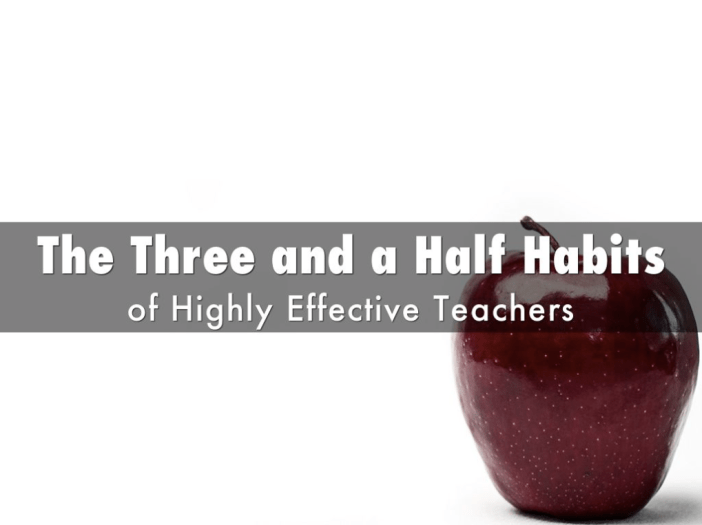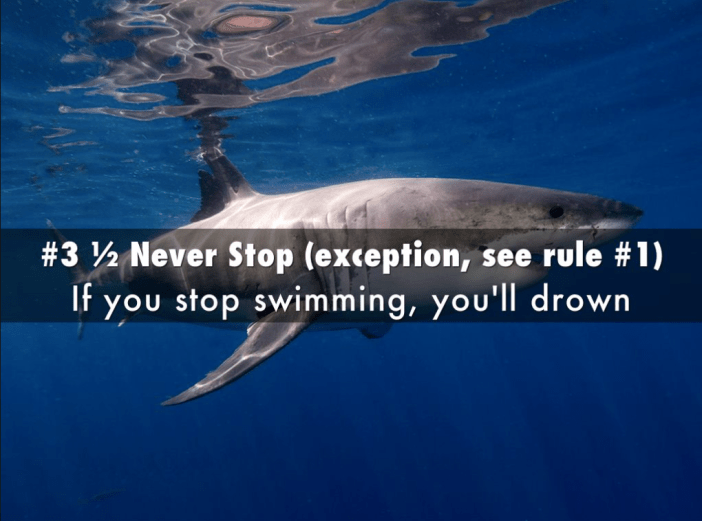Habits can be a help and a hindrance. In the context of teaching, the ‘good’ and the ‘bad’ can be summarised as follows: Good habits make effective teaching and learning practice more effortless; bad habits are those effortless actions that are a drain on effective teaching and learning practice.
However, what are we doing to form good habits, and break bad ones, both in ourselves and the communities we build in our classrooms? This Forbes’ piece here and James Clear’s thoughts here and here neatly summarise popular theories on habit formation. But, I’m interested in the types of habits we should seek to form. Inspired by Stephen Covey’s 7 Habits of Highly Effective People, here’s my slightly more mundane, anecdotal Three and a Half Habits of Highly Effective Teachers.
#1) Eat Lunch with Colleagues, Everyday. You need to eat. You also need to press pause, even if it’s only for ten minutes. More importantly, eating with your colleagues is a fundamental social ritual that unites and builds community. Read this Atlantic article for some more family-centric thoughts.
#2) Be Flexibly Inflexible. Rules are rules. Except when they’re a) not and b) they have nothing to do with student learning. A highly effective teacher knows that the most flexible part of the system controls that system (think “steering wheel” and “car”); you know when to bend and when to pushback.
#3) Think Lose-Win(ish). You will always lose. Always. You cannot win and the sooner you unburden yourself of the ceaseless pressure of striving to, then you can start winning-ish. As Dylan Wiliams said, “This job you are doing is so hard that one lifetime isn’t enough to master it.” What does he mean? Your job satisfaction derives from embracing continuous improvement, so, let imperfection be your catalyst for future success.
#3 ½ ): Never Stop (exception, see rule #1). This is the meta-rule, the one rule to rule them all. Highly effective teachers are much like (most) sharks: if you stop swimming, you’ll drown. You must always be updating your practice otherwise the knowledge, understanding and skills that you are uncovering for your students will become swiftly irrelevant before you even know it.
Need this visually? See here.





